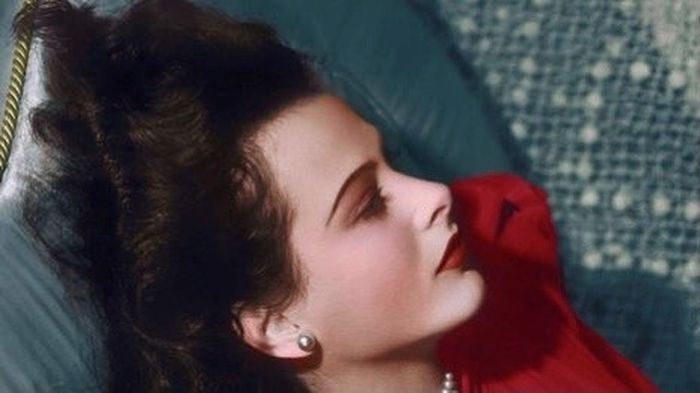International Women’s Day: the golden girls of Hollywood
For International Women’s Day, Film & TV writer Alessandra Rey highlights the starlets of Hollywood’s Golden Age
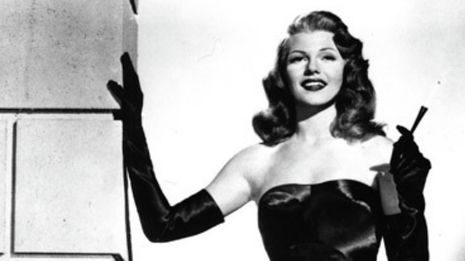
Upon finally watching The Shawshank Redemption (1995) during the first lockdown, I witnessed the iconic Gilda scene in which Hayworth flips her hair and asks, “Me?” The scene emanated such glamour, charisma, effervescence and class. It initiated my love of the films produced throughout the Golden Age of Hollywood and my adulation for the actresses that dominated those films. The presence, magnetism and elegance they exude is unparalleled. Here are some of the best Golden Era actresses whose films are an absolute must-see.
Rita Hayworth
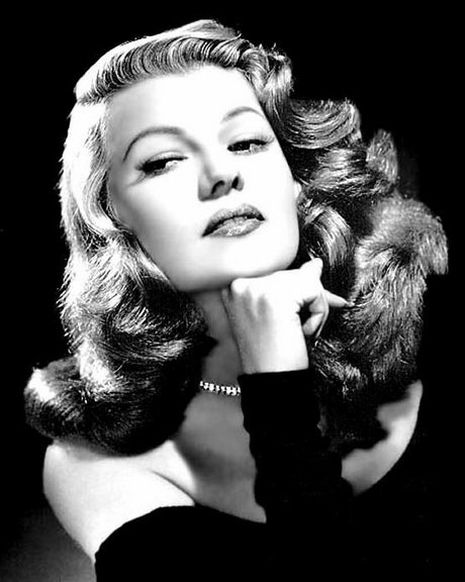
Rita Hayworth, also coined the “Love Goddess”, starred in the 1946 film noir Gilda, the film that she is most recognised for and for which she is also deeply embedded with an iconic legacy in cinema. Not only did a scene appear in Shawshank Redemption, the Gilda poster is ubiquitous in film appearances, for example in David Lynch’s Mulholland Drive (2001). Gilda references and Hayworth’s character continue to be consistently recognised as iconic cinematic history. Gilda is the ultimate femme fatale: mysterious, cunning, dazzling and alluring, with a mesmerising performance of cheek and sensitivity.
In Gilda, audiences witness a brief insight into her dance talent. Hayworth danced ballroom and Latin in several films, dancing alongside Fred Astaire and Gene Kelly. Hayworth was renowned for her acting, her dancing, her beauty and her six marriages, including one to the paradigmatic director Orson Welles. Hayworth sadly passed away from early-onset Alzheimer’s at the age of 68.
Notable films include:
- Gilda (1946)
- The Lady from Shanghai (1947)
- Cover Girl (1944)
- You Were Never Lovelier (1942)
- The Strawberry Blonde (1941)
- Only Angels Have Wings (1939)
- Pal Joey (1957)
- You’ll Never Get Rich (1941)
Gene Tierney
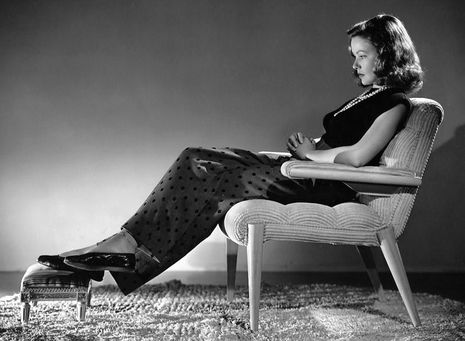
My favourite silver screen actress and, in my opinion, the most unjustly dismissed actress of the Golden Age is Gene Tierney. Arguably her most recognised film is the film noir masterpiece, Laura (1944), in which her performance is delicate, concurrently strong and remarkable. In another one of my favourites, Leave Her to Heaven (1945), she portrays a cunning, manipulative and evil Ellen in a dark and twisted ‘love’ story which earned her an Academy Award Nomination.
Tierney had bipolar disorder and underwent shock treatments. Her daughter was deaf and mentally disabled, reported to have been due to a rubella infection, contracted from a fan encounter. Despite the hardship that pervaded Tierney’s life, her acting and film legacy shouldn’t go unacknowledged as she was a part of stunning cinema, stealing the screen with poise, elegance and an undeniably marvellous presence.
“Stealing the screen with poise, elegance and an undeniably marvellous presence”
Notable films include:
- Laura (1944)
- Leave Her to Heaven (1945)
- The Ghost of Mr and Mrs Muir (1947)
- The Shanghai Gesture (1941)
- Never Let Me Go (1953)
- Heaven Can Wait (1943)
- Sundown (1941)
- The Razor’s Edge (1946)
Ava Gardner
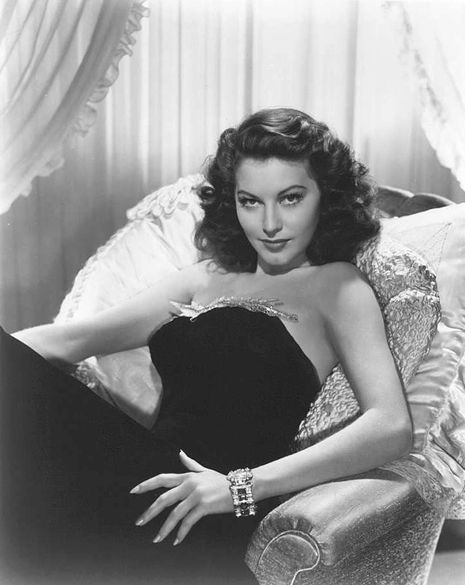
Ava Gardner, known for her boundless allure, starred in The Night of The Iguana (1964), a long-standing revered performance for which she was nominated for a Golden Globe. Gardner’s performance in the film as Maxine Faulk is commanding, strong and compelling. Gardner was also nominated for an Academy Award for her performance in Mogambo (1953), displaying equal acting talent and screen presence. Despite the publicisation of her ‘wild’ personal and tumultuous love life, she produced many films with a powerful legacy in cinematic history, with ultimate presence and impressive performances.
Notable films include:
- Showboat (1951)
- Pandora and the Flying Dutchman (1951)
- Knights of the Round Table (1951)
- The Barefoot Contessa (1954)
- On the Beach (1959)
- 55 Days at Peking (1963)
Katharine Hepburn
Regarded as one of the best and most accomplished actresses of all-time, in a career of more than 60 years, partaking in at least 34 films and earning four academy awards, Katharine Hepburn had an extensively varied, powerful and unparalleled career. Hepburn is often considered the most eminent Golden Age actress, lauded for her astounding acting ability. An incomparable feminist icon for her time, bursting through convention, Hepburn insisted on wearing trousers, on and off set, at a time when it was only acceptable for men. It was audacious, transgressive and caused a great deal of controversy at the time. Hepburn also demanded a pay rise even before she became famous and had no career security behind her.
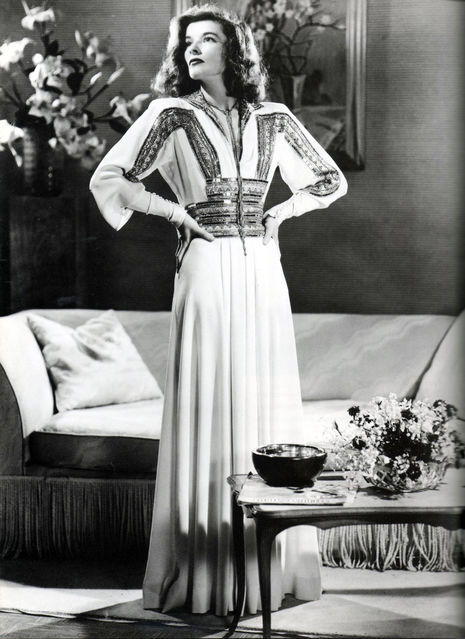
Her film repertoire hosts the same feminist ideology, starring in films such as Little Women (1933) and A Woman Rebels (1936). In each role her eyes express such a depth of emotion, a powerful sensitivity and affection, and she demands adulation with her unrivalled occupation on the screen. She was not only a commanding, phenomenal person but an extraordinary actress beyond comparison, with an unmatched on-screen presence.
Notable films include:
- Woman of the Year (1942)
- Little Women (1933)
- A Woman Rebels (1936)
- Adam’s Rib (1949)
- The Lion in Winter (1968)
- The Trojan Women (1971)
- Guess Who’s Coming to Dinner (1967)
- Morning Glory (1933)
- Alice Adams (1933)
- Bringing up Baby (1938)
- The Philadelphia Story (1940)
 News / Right-wing billionaire Peter Thiel gives ‘antichrist’ lecture in Cambridge6 February 2026
News / Right-wing billionaire Peter Thiel gives ‘antichrist’ lecture in Cambridge6 February 2026 News / Cambridge students uncover possible execution pit9 February 2026
News / Cambridge students uncover possible execution pit9 February 2026 News / Epstein contacted Cambridge academics about research funding6 February 2026
News / Epstein contacted Cambridge academics about research funding6 February 2026 News / Man pleads guility to arson at Catz8 February 2026
News / Man pleads guility to arson at Catz8 February 2026 News / John’s duped into £10m overspend6 February 2026
News / John’s duped into £10m overspend6 February 2026

